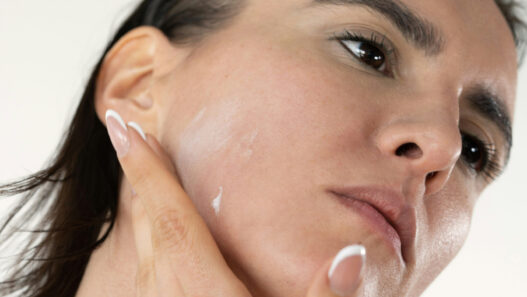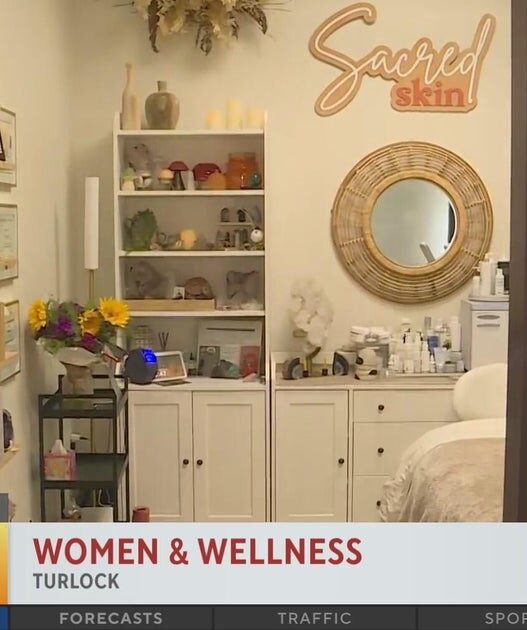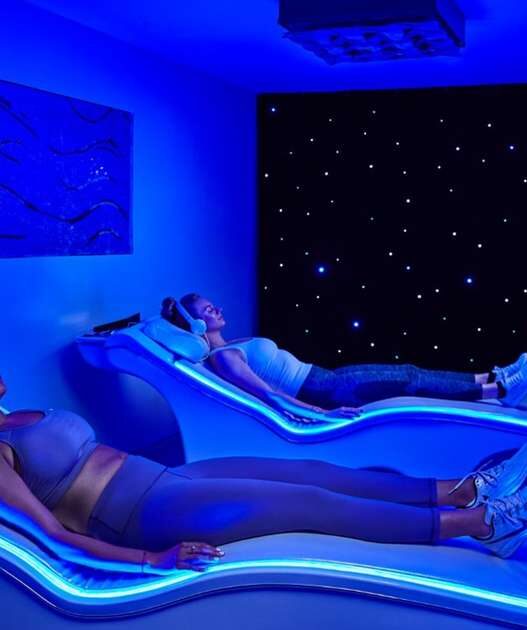If you were like me growing up, you did not spend a lot of time sharing your feelings or expressing emotions like sadness.
Back then, if I had told my mother that I was sad, she probably would have responded that “I have nothing to be sad about.” It was not that my mother was cold or heartless, she was just from a generation that did not appreciate the fullness of the human experience, nor could she fully comprehend that children could be clinically depressed.
Black people are 13% of the US population but are 20% of the population with mental illness.
Luckily, I was never depressed but as I look back on certain situations in my life and in my extended family, having intervention from a licensed clinical professional would have been helpful.
Wellness cannot be fragmented into just physical health. Even though your mental health is a crucial aspect of overall well-being, it is often stigmatized and neglected in certain communities.
In Black communities, cultural, systemic, and historical factors provide unique challenges to mental health. Black people are 13% of the US population but are 20% of the population with mental illness.
The historical landscape for Black people in this country has consisted of brutal slavery and Jim Crow laws along with deep-rooted systemic racism in most segments of society including healthcare. Therefore, it is almost understandable how past trauma seemed to be just part of the fabric of being Black in America.
However, we are now understanding how such trauma has created unhealthy responses and coping mechanisms. For instance, I often hear my patients express how smoking cigarettes or marijuana helps relieve the stress of job insecurity or family drama.
The Black experience is compounded by other socioeconomic disparities such as lack of access to quality education and healthcare. Limited access to safe neighborhoods also contributes to the decline of mental health in these communities. Not to mention that navigating the streets of this country as a Black man or boy comes with a certain degree of risk that many other communities do not share.
The chronic stress associated with these barriers can increase vulnerability to mental health disorders.
However, mental illness continues to be stigmatized within the Black community. The community is expected to be resilient, strong, and self-reliant. Children are taught “not to discuss family business.”
Unfortunately, such traits and customs perpetuate unhealthy mental states and prevent complete wellness. Per the CDC, at least one in four girls and one in 20 boys in the US, experience child sexual abuse.
Seeking treatment for mental illness should be as routine as scheduling your yearly physical. Oftentimes, untreated mental illness is the reason that blood pressure and blood sugar levels are also out of control. Seeking a mental health provider is like dating.
You have to find the right one for you and your particular situation. For some issues, you may prefer a therapist who shares certain characteristics such as gender, ethnicity, or cultural background.
In summary, seeking behavior health therapy should be the norm and not the exception. The rich tapestry of the Black experience is full of brilliance yet also full of pain and trauma. In order for our community to fully heal, we need the expertise of mental health professionals who are willing to assist us in this journey.
Denise Hooks-Anderson, MD, FAAFP can be contacted at yourhealthmatters@stlamerican.com













